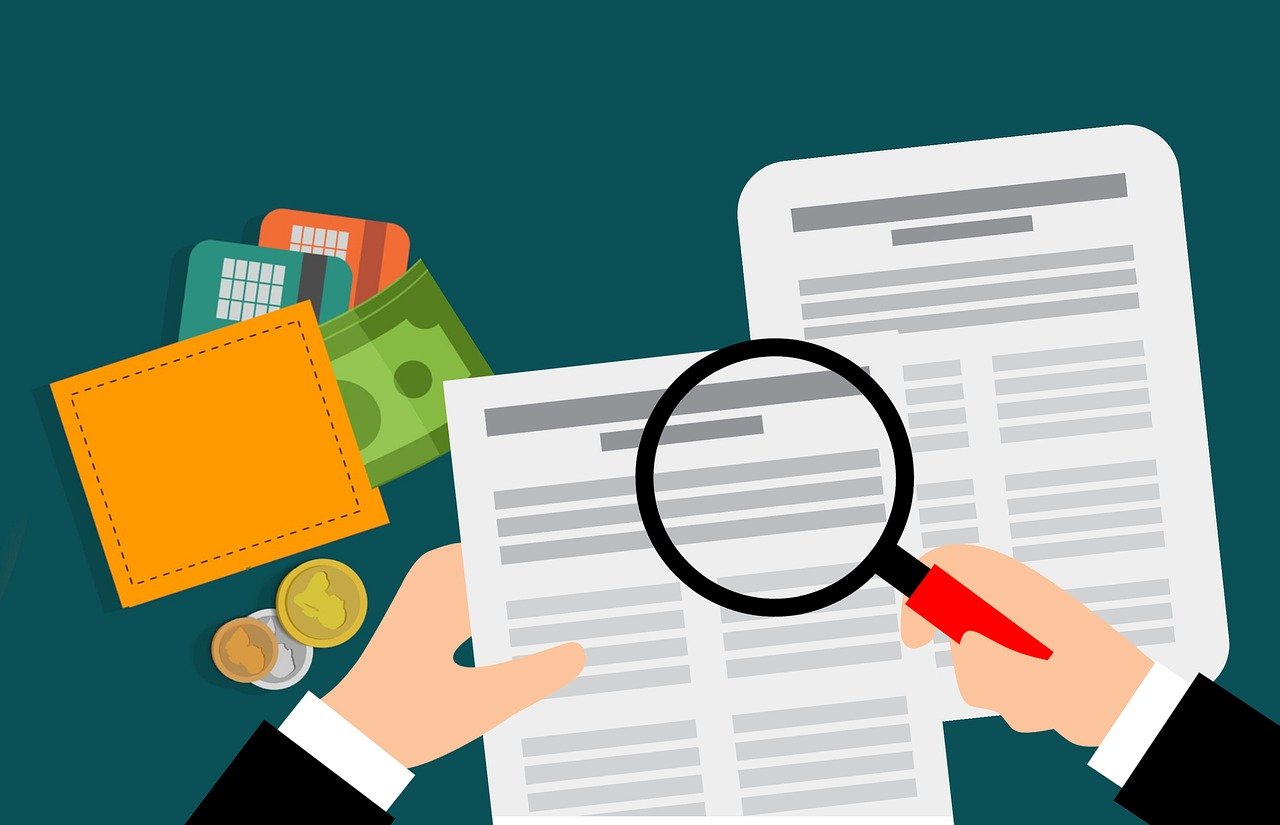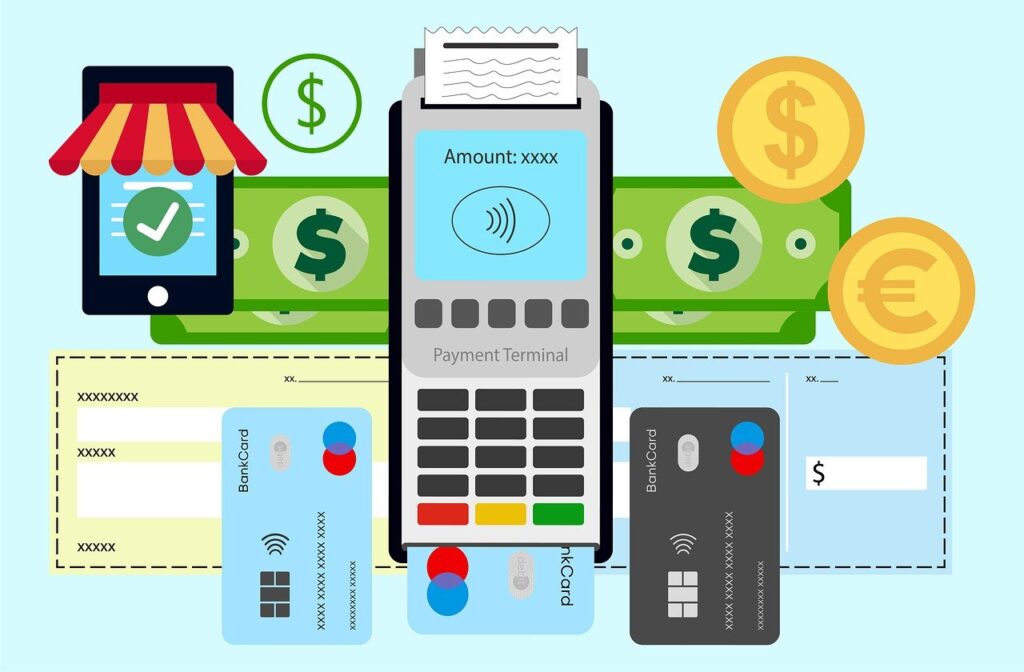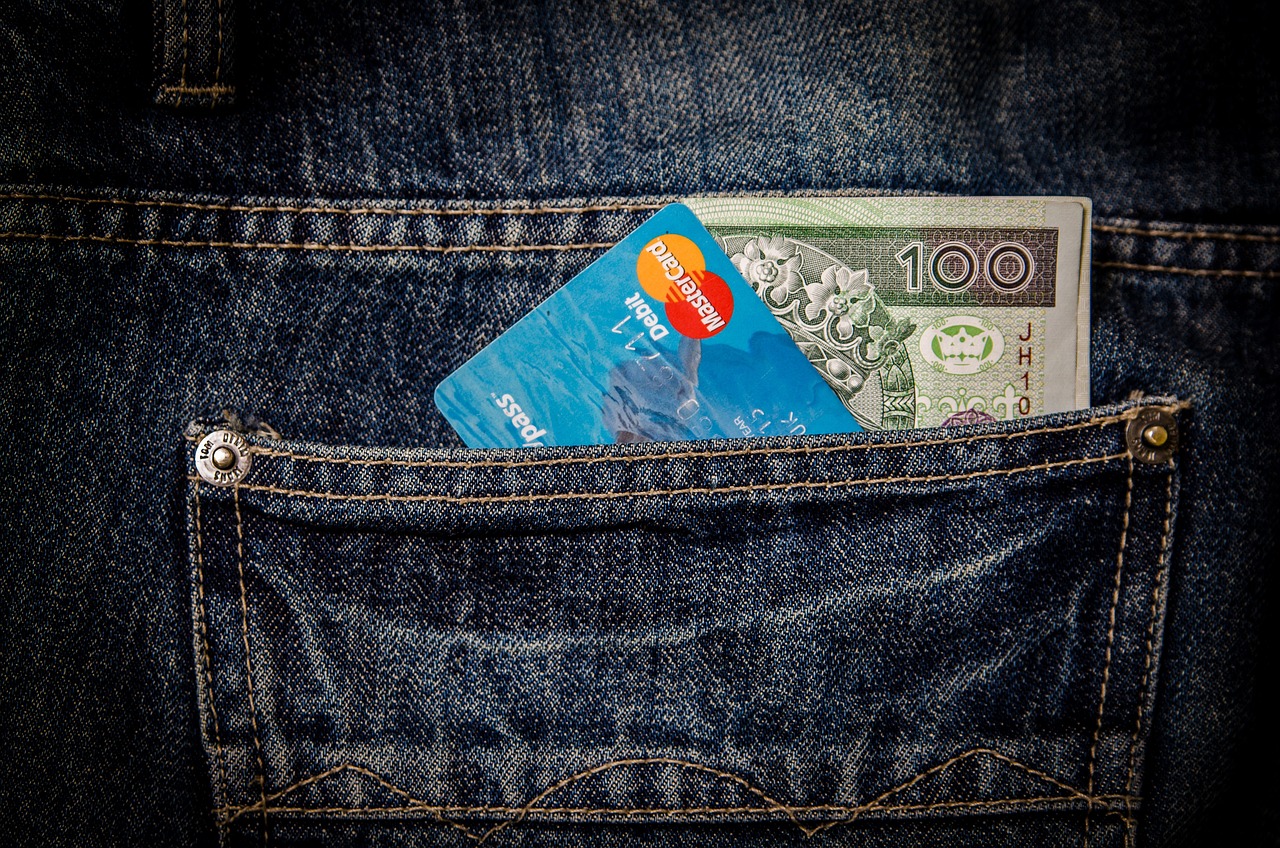In fact, everything may get reflected in your mistakes on the credit report, from higher interest rates to denials of credit applications. It not only keeps your credit score healthy but also makes sure that your financial history correctly reflects your behavior.
This course is designed to take our financial analysts through mistakes or incorrect entries on their credit report, show them how to identify those errors, dispute it, and have the error corrected, thereby putting you in the driver’s seat of your credit profile.
Understanding Your Credit Report
That which one would like to know before proceeding to the dispute process: what consists of your credit report. It is an in-depth report card of your past and present credit history that credit bureaus compile. They may contain the following:
- Personal Information: Your full name; all your present and previous addresses; your Social Security number; date of birth; and job history.
Accounts: This is where the types of accounts opened differ. It includes the date an account was opened, the credit limit or the amount borrowed, your current balance, and a record of your payment history. This is also where it is recorded how many open credit accounts you now hold, such as credit cards, mortgages, auto loans, and all other lines of credit that are currently open.
Credit Inquiries: This lists who has requested your credit report with a date. Inquires are ones that you have authorized directly, meaning you have applied for some sort of credit. Inquires are called either hard -impacting your score-or soft-do not impact your score.
Public Records Information about bankruptcies, liens or judgments against you.
Collections Information about accounts sent to a collection agency.

Common Credit Report Errors
Data entry errors, identity theft, or information that is outdated are the most common reasons credit reports contain errors. Other more common errors include:
Personal Data: Misspelling of your name, placing the wrong address, or using the wrong Social Security number.
Accounts Duplicated: Sometimes, the same account comes out duplicated on your report; this too can hurt your credit score.
The information about the account is reported as incorrect; for example, the balance of some account or even the credit limit and/or the payments made thereof.
Accounts Not Belonging to You: Usually because of identity theft, more often its just a simple harmless clerical error where somebody elses account is reported in your credit report as being yours.
Inaccurate Account Status: Would include but not be limited too accounts marked delinquent when they are current and vice-versa.
Negative Information: This is an adverse listing that, after the appropriate length of time-usually seven years-is still reporting in your report.

How to Obtain Your Credit Report
To dispute errors in your credit report, you will want to obtain a copy. You are entitled, by law, to receive one free credit report per year from each of the major credit reporting companies: Equifax, Experian, and TransUnion. How to Obtain Your Report.
AnnualCreditReport.com: The only authorized website for free credit reports, under federal law. You can request all three reports at once or you can stagger requests throughout the year.
Directly from Credit Bureaus: Equifax, Experian or TransUnion also will mail your credit report directly to you from their respective websites, by phone, or in writing by mail.
Credit Monitoring Services: Most of the credit monitoring services will send you credit reports upon subscribing. Even though they are usually not free, these added benefits may also include credit score monitoring and identity theft protection.
Checking for Mistakes on Your Credit Report
By this time you should have obtained a copy of your credit report. It is now time to go through it in depth. Here is how you need to do it:
Personal Information: You should first ensure the personal information contained in your credit report is quite accurate. This includes information associated with your name, address and Social Security number.
Account Information You must verify all the accounts appearing on the report. Everything in respect to account balance, payment history, and even status must be accurate.
Duplicate Accounts: There should be no duplicated account within the report. It will overstate your debt status and will send a negative signal to your credit score.
Inaccuracies in your account that you never filed for. If they were, you may be a victim of identity theft.
Credit inquiries: any inquiries made on it should have been authorized by you. Unauthorized hard inquiries lower your credit score.
Public Records: no bankruptcies or judgments filed, listed accurately, reported within the applicable timeframe.

How to Dispute Errors on Your Credit Report
After you have known these mistakes to appear on your credit reports, what follows is disputing them. What one needs to dispute is as outlined here below:
1. Documentation
Before actually filing a dispute, do this step, which is to collect all documents that will strongly prove and support your claim, such as:
Copies of your credit reports showing where the mistake occurred
Account statements where the right information should go
Letters from creditors or any other supporting documents which prove your case
2. Submit a Dispute to the Credit Bureau
One can submit disputes to a credit bureau through its website, by mailing, or calling. How?
Online: Generally speaking, most of the credit bureaus have a web-based dispute process which is pretty painless. You will be asked for information about the dispute and documentations proving it.
It is also possible to dispute by mail. Along with the letter you are about to write to the credit bureau, attach a copy of the credit report you have circled where the mistakes are. Also, attach any documentation that may prove your case with a clear description of the dispute. Keep a copy for yourself for your records if in case they may need it again.
By Phone: Many credit bureaus also take reports submitted by phone. Have your supporting documents in front of you and be ready to summarize briefly why there is an inaccuracy on your credit report.
3. Contact the Information Provider
Along with disputing with the credit bureau, you most probably will also want to contact the creditor or whoever else gave out the wrong information. They too are obligated to investigate your claim and report back corrected information, if they find an error, to all the credit bureaus.
4. Follow Up on Your Dispute
Generally, investigation and response take about 30 days from the time the dispute was filed. It generally goes as follows:
Investigation process: The credit bureau researches your claim by getting hold of your creditor or who furnishes the information. They review evidence presented and make a decision.
It would follow then that upon the investigation of the credit bureau, the findings of such investigation shall be sent to you in writing. Should the results of the dispute be in your favour, they will amend your credit report. In the instance where the information is verified to be accurate on the part of the credit bureau, the disputed item could then remain on your report.
What to Do Next:
• You may request a statement of dispute included on your credit report noting the above described story.
• Consider further filing a complaint with the Consumer Financial Protection Bureau if you believe the credit bureau mishandled your dispute.
How to Protect Your Credit Report in the Future
Here are a few ways you can protect your credit once those mistakes on your credit report have been disputed and corrected:
Monitor your credit: You’ll want to check a credit report at least once a year to uncover those mistakes as early as possible. You may leverage free resources such as Credit Karma or subscribe to some credit monitoring service.
You can put a fraud alert or credit freeze on your file. If you are concerned that you have been, or will be, a victim of identity theft, you may be able to place a fraud alert or credit freeze on your credit report. A fraud alert requires any creditor that checks your credit report to take additional steps to verify your identity. A credit freeze is designed to prevent others from accessing your credit report without your consent.
Be careful what you give out – shred sensitive documents; also be very careful of what you post online. Always monitor your accounts for fraud.
Know what you have open, who pays when, and that you are reporting to the credit facilities accurately. Set up reminders and check your statements.

How We Drew These Conclusions
Our credit experts have been managing credit reports and disputes. We’ve seen how these kinds of mistakes affect one’s financial status; thus we look forward to trying to help you avoid similar situations.
Being able to apply past experiences and knowledge against some of the best current industry practices allowed us to create this guide, which readies you best with concrete, actionable advice on how to keep your credit information accurate.
Conclusion
Disputing errors in credit reports is one of the most critical things that can be done to protect healthy credit. Understand what a credit report is, comprehend recent disputes in it, and how to dispute such is one thing that could save somebody from probable financial damage:.
Credit is a long-time guardian that can remain unbroken if one takes precautionary steps that he can normally take well in advance with frequent monitoring. Take control today and ensure your credit report reflects reality pertinent to your true credit worthiness.


Leave a Reply